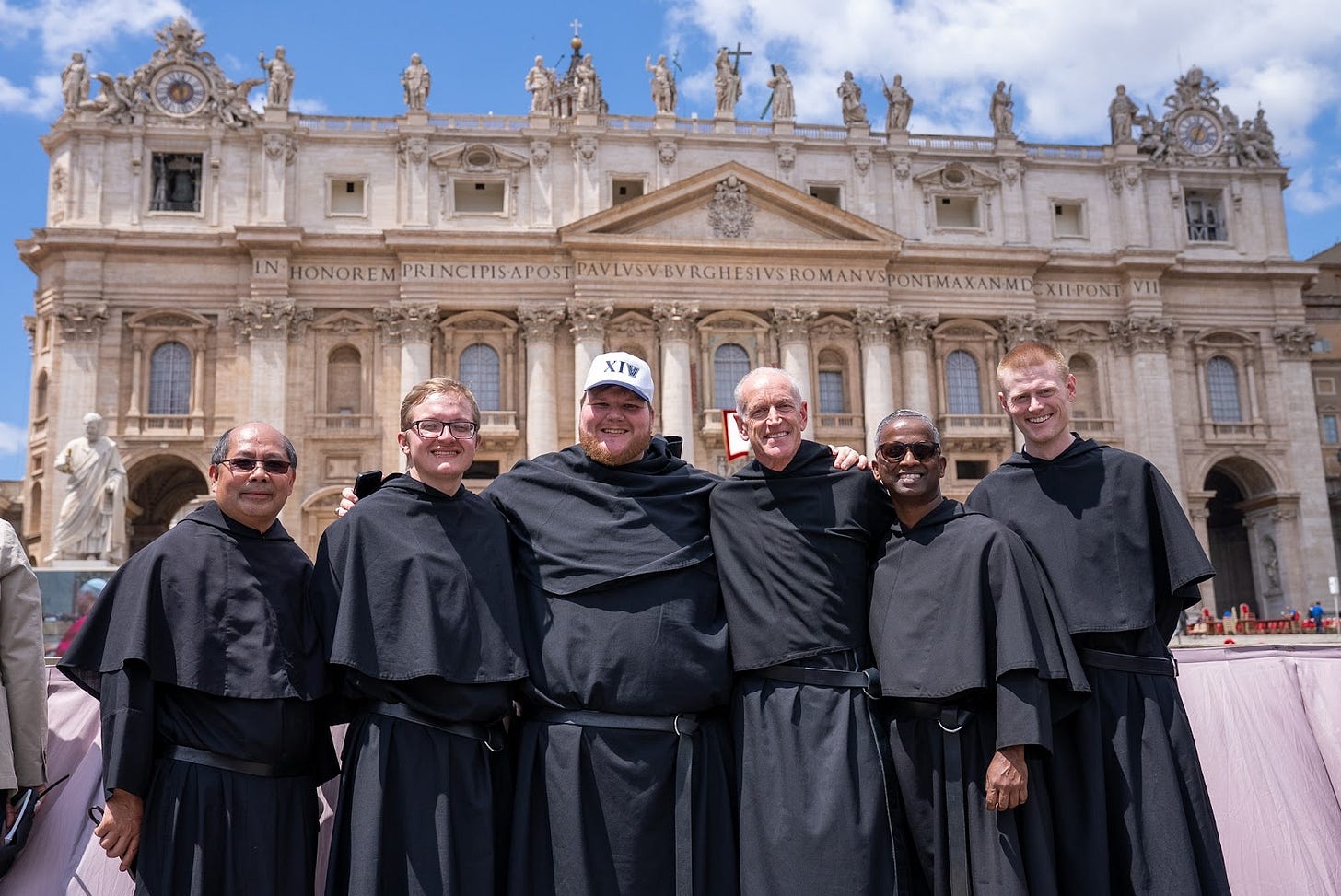Who are the Augustinians, anyway?
Pope Leo is one. What else should you know about the Order of St. Augustine?
When Cardinal Robert Prevost was elected pope on May 8, taking the name Leo XIV, he became not only the first American pope, but the first the papal member of the Order of St. Augustine as well.

A relatively small or…
